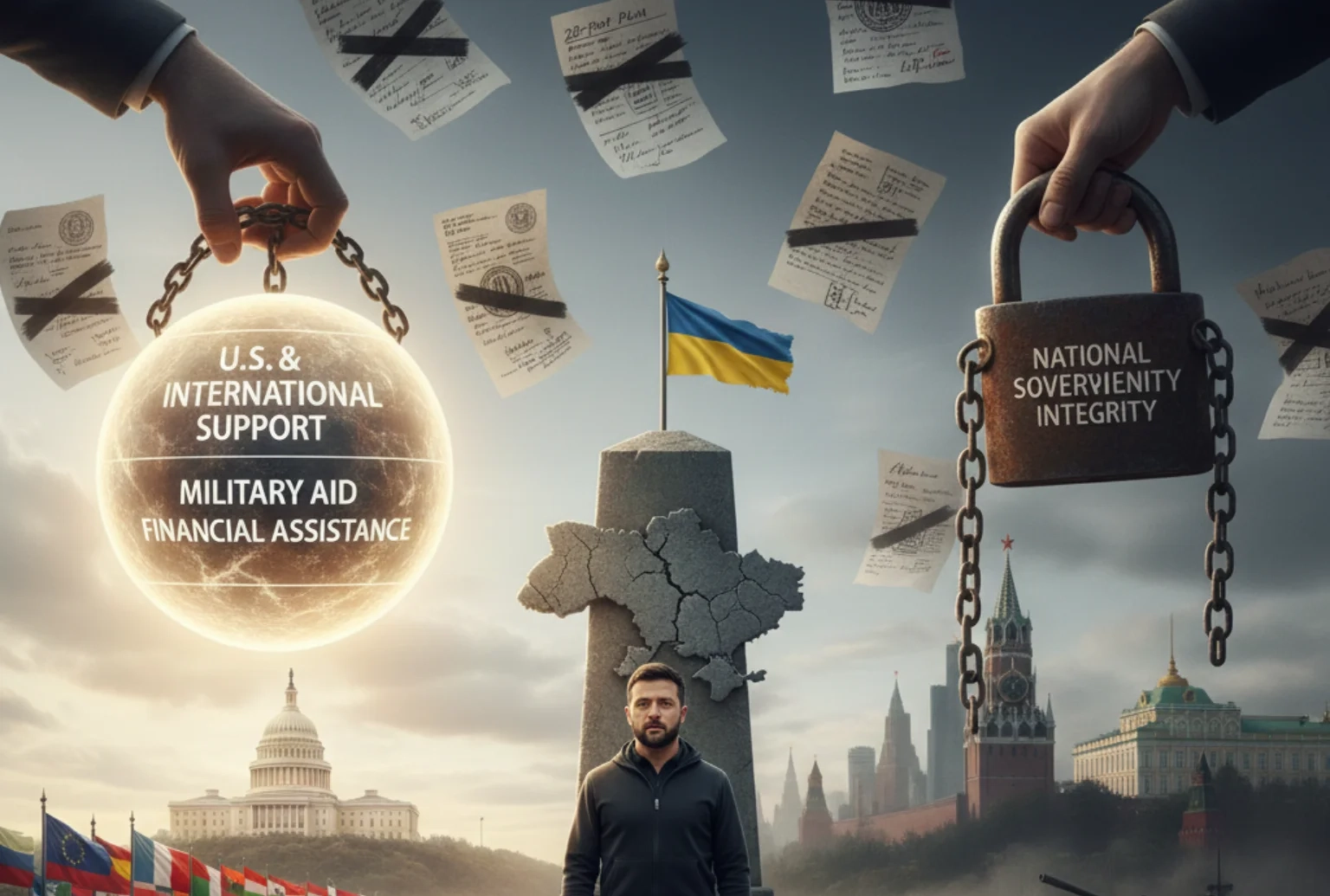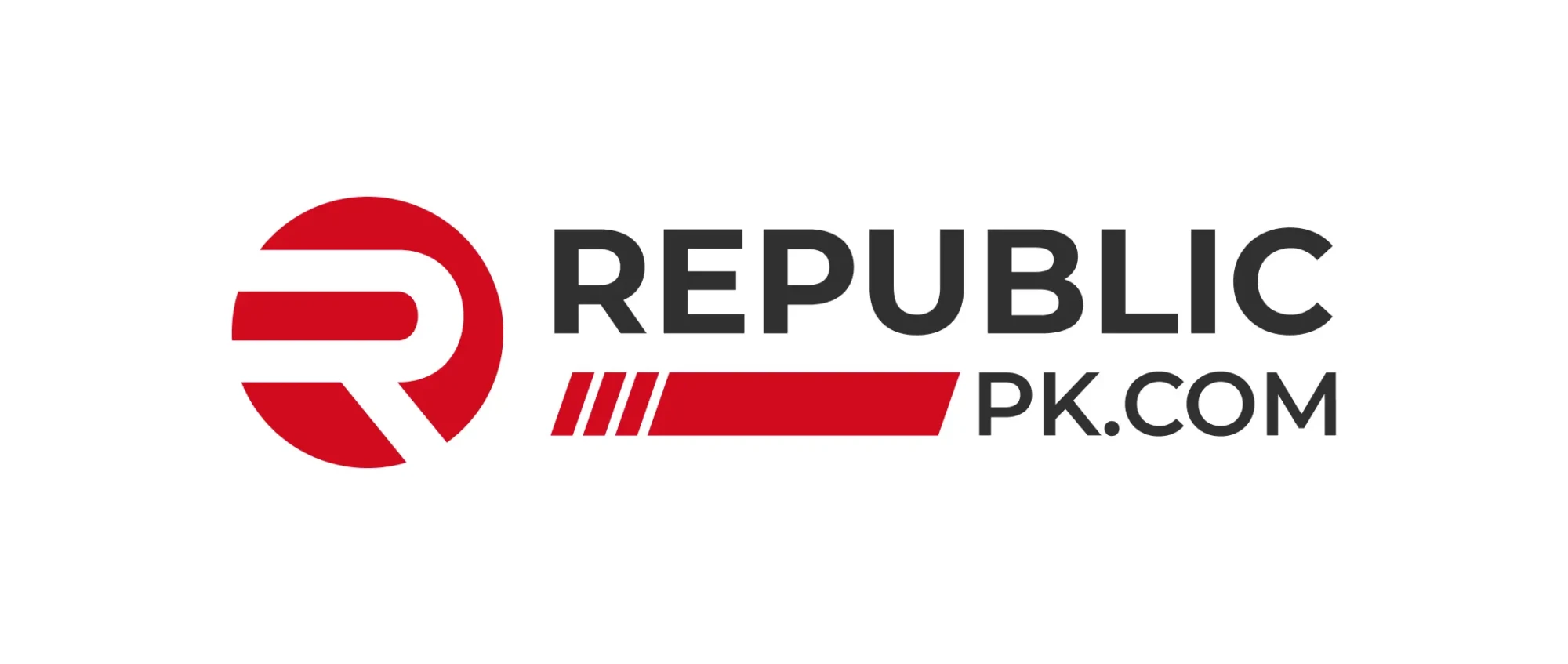Leaked US Draft Sparks Alarm in Ukraine Over Russian Advantage

A Nation at a Crossroads
International media, including BBC Urdu, have reported that Ukrainian President Volodymyr Zelensky has warned his nation that Washington’s proposed peace plan could leave Kyiv at risk of losing its most important ally. In a late‑night address, he described the moment as one of the most difficult in Ukraine’s modern history, suggesting that Ukraine may face choices that compromise either national dignity or international support.
The Controversial Proposals
The leaked draft plan, according to BBC and other outlets, contains twenty‑eight points. Some appear constructive, such as affirming Ukraine’s sovereignty and proposing non‑aggression agreements. Others, however, strike at the heart of independence, including suggestions to cede parts of the Donbas region to Russian control, reduce the size of Ukraine’s armed forces to six hundred thousand, and formally pledge not to join NATO. While the plan mentions guarantees of sovereignty and collective response in case of renewed aggression, it remains unclear who would enforce these commitments or how strong they would be.
Russia’s Position and Western Skepticism
Russian President Vladimir Putin has welcomed the draft as a possible basis for peace, but his endorsement has deepened suspicion in Kyiv and among Western analysts. If Moscow sees the plan as favorable, it likely means the concessions tilt toward Russian interests. Proposals to recognize Crimea, Luhansk, and Donetsk as Russian territory remain unacceptable to Ukraine, which insists its borders are indivisible under the constitution.
The Stakes for Ukraine
For Zelensky, the stakes could not be higher. Accepting the plan risks alienating Ukrainians who see territorial integrity as non‑negotiable. Rejecting it risks losing U.S. backing, which has been critical for military aid, financial support, and diplomatic leverage. International observers point out that Ukraine’s refusal to surrender strategic cities like Pokrovsk reflects both military necessity and national pride. To give them up without resistance would be seen domestically as betrayal.
Editorial Reflection: Peace or Pressure
The leaked plan highlights a broader tension in global diplomacy. On one hand, Washington and European capitals are eager to find a way out of a war that has drained resources and destabilized markets. On the other, Ukraine insists that peace cannot come at the expense of sovereignty. BBC and other international reports underline the vagueness of the proposed security guarantees. Unlike NATO’s clear commitments, the draft offers only ambiguous promises of collective response if Russia attacks again. Such uncertainty makes it difficult for Kyiv to trust the plan.
From an editorial perspective, the danger lies in pressuring Ukraine into concessions that weaken its long‑term security. Peace built on fragile compromises may not last. Instead, it could embolden Russia to test the limits again, knowing that Western guarantees are not ironclad.
A Fragile Future
The debate over the U.S. peace plan is not just about ending the current war. It is about defining Ukraine’s place in Europe and the world. Will it be a sovereign nation with full rights to choose its alliances, or will it be forced into a neutral status that leaves it vulnerable?
Zelensky’s warning is therefore more than a political statement. It is a call to recognize the gravity of the choices ahead. As BBC Urdu and other international media have reported, Ukraine faces one of the most difficult moments in its history. The world must decide whether peace means compromise or whether true peace requires defending principles of sovereignty and self‑determination.

